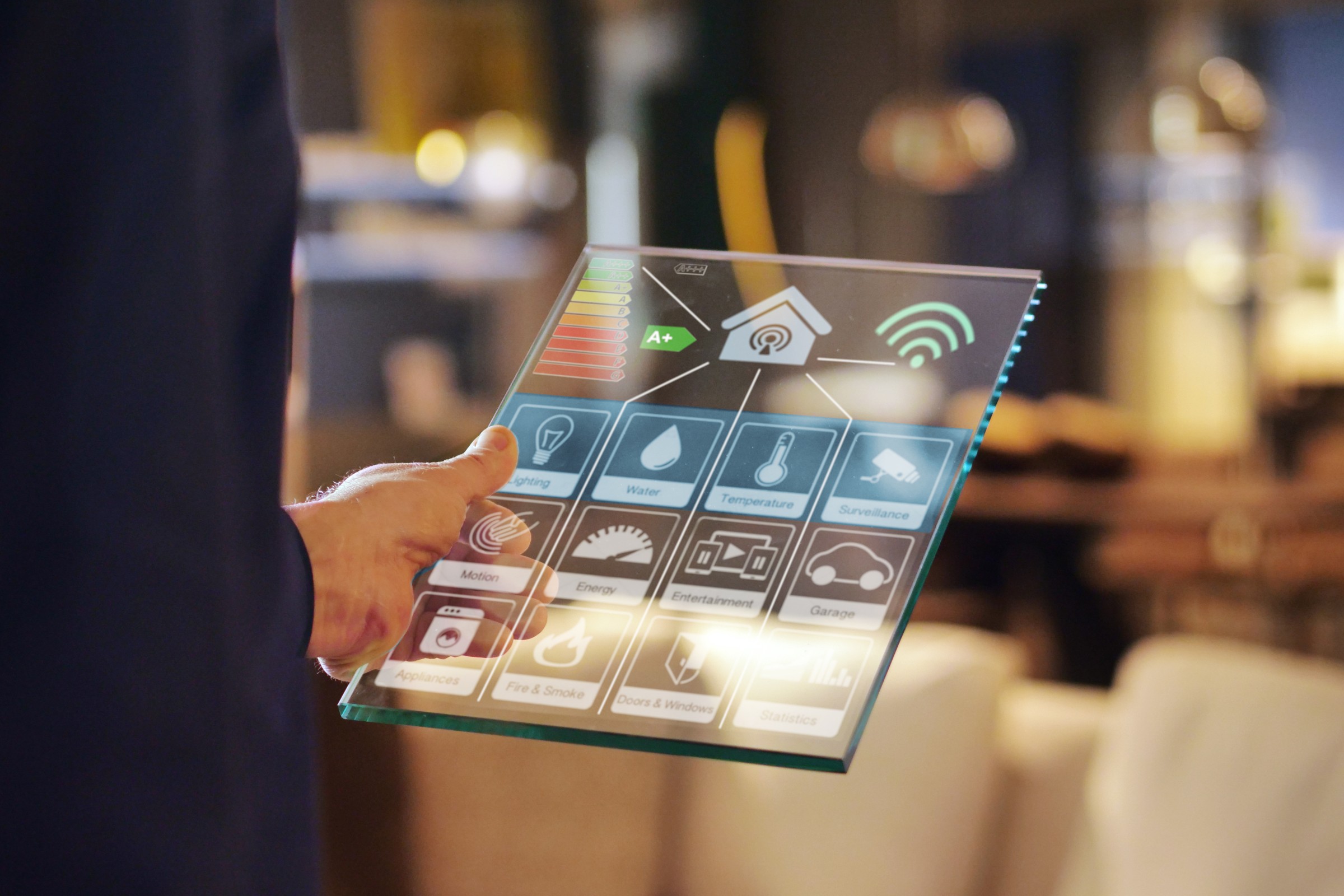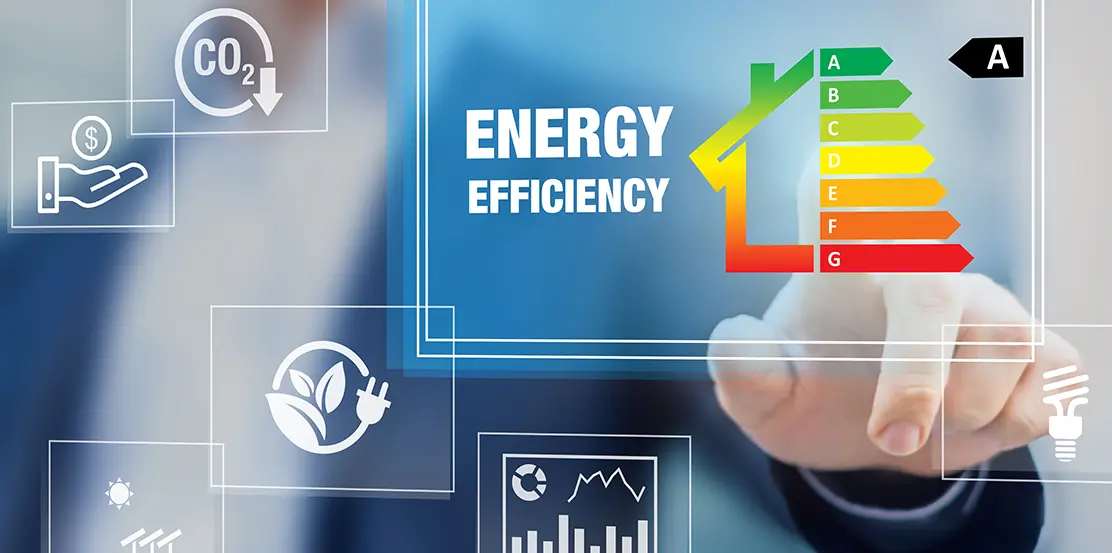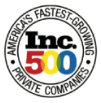In the modern era of facility management, the adoption of advanced software solutions is not just a luxury but a necessity for optimizing operations and enhancing efficiency. Facility management software has become an indispensable tool, offering an array of features that streamline processes, improve communication, and provide invaluable insights into facility operations.
Centralizing Operations: Streamlining Complex Tasks
One of the primary benefits of facility management software is its ability to centralize and automate many aspects of facility management. From scheduling routine maintenance and managing work orders to tracking assets and monitoring energy usage, these systems provide a one-stop solution that simplifies complex tasks and reduces the likelihood of oversight or error.

Maintenance Management Capabilities
A key feature of many facility management software platforms is their maintenance management capabilities. These systems allow for proactive scheduling of preventive maintenance, minimizing downtime and extending the life of essential equipment. Real-time monitoring and alerts can also help quickly identify and address issues before they escalate into costly repairs.
Space Management Excellence
Space management is another area where facility management software excels. These tools can assist in optimizing the use of space, tracking occupancy, and planning for future space needs. This is particularly useful in dynamic environments where space requirements frequently change.
Energy Management Advancements
Energy management is also greatly enhanced by this management software. By analyzing data on energy consumption, facility managers can identify patterns, uncover inefficiencies, and implement strategies to reduce energy usage and costs. Some systems even integrate with building automation systems, providing a comprehensive approach to energy management.

Improving Communication and Collaboration
The software also plays a crucial role in improving communication and collaboration within the management team and with other stakeholders. Many systems offer mobile access, enabling facility managers and technicians to view and update information on-the-go, enhancing responsiveness and flexibility.
Informed Decision-Making
Data analytics and reporting are critical components of modern facility management software. By aggregating and analyzing data from various sources, these systems provide valuable insights that can inform strategic decision-making and continuous improvement in facility operations.

Implementation Considerations
However, the successful implementation of management software requires careful planning, training, and change management. It’s essential to choose a system that aligns with the specific needs of the facility and to ensure that all users are adequately trained and comfortable with the new tools.
Conclusion
In conclusion, leveraging facility management software is a transformative step towards more efficient, effective, and data-driven facility management. By harnessing the power of these advanced tools, facility managers can elevate their operations, enhance communication, and make informed decisions that benefit their facilities and stakeholders.







